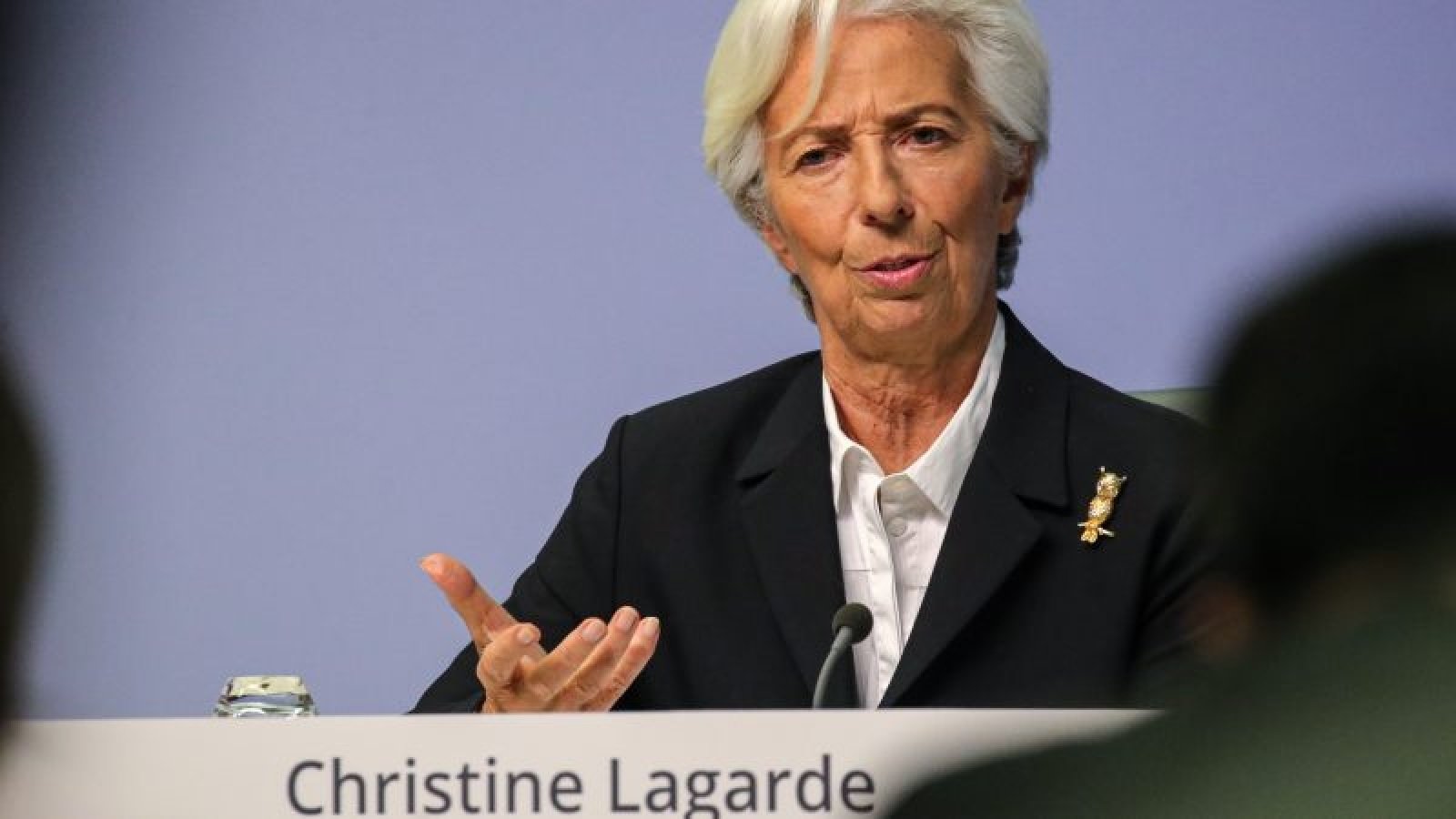The European Central Bank pledged on Thursday to keep interest rates at record lows for even longer to boost sluggish inflation and warned that the rapidly spreading Delta variant of the coronavirus poses a risk to the euro zone’s recovery.
The central bank of the 19 countries that share the euro said it would not hike borrowing costs until it sees inflation reach its 2 per cent target “well ahead of the end of its projection horizon and durably” — a controversial decision that generated significant dissent.
“We did so to underline our commitment to maintain a persistently accommodative monetary policy stance to meet our inflation target,” ECB President Christine Lagarde told a news conference.
She said the ECB wants to see inflation head to 2 per cent by the mid-point of its forecast horizon, which currently stretches to 2023 and is extended by one year every December, and that any deviation above the target should be incidental.
But a significant group within the 25-member Governing Council presented various objections to the wording and while Lagarde managed to win over most dissenters, Bundesbank chief Jens Weidmann and Belgian central bank governor Pierre Wunsch held out, four sources close to the discussion said.
“It was an unusually robust debate, and a lot more than just two people voiced concerns, but most were eventually won over by Lagarde,” one of the sources said.
The shift in language was prompted by the ECB’s new strategy, unveiled earlier this month, under which inflation may be allowed temporarily to exceed its target when “especially forceful or persistent” monetary support is needed.
“The new forward guidance is consistent with the ECB hiking rates even later than under the previous framework (but) it does not fundamentally change the criteria that will trigger policy normalisation,” said Frederik Ducrozet, a strategist at Pictet..
Yet others felt the ECB was not going far enough.
“Unsurprisingly the ECB’s grand new mandate interpretation looks worryingly like the old one with a pretty bow on it,” said James Athey, investment director at Aberdeen Standard Investments.






Click here to change your cookie preferences